Publications
Articles, publications, books, tools and multimedia features from the U.S. Institute of Peace provide the latest news, analysis, research findings, practitioner guides and reports, all related to the conflict zones and issues that are at the center of the Institute’s work to prevent and reduce violent conflict.
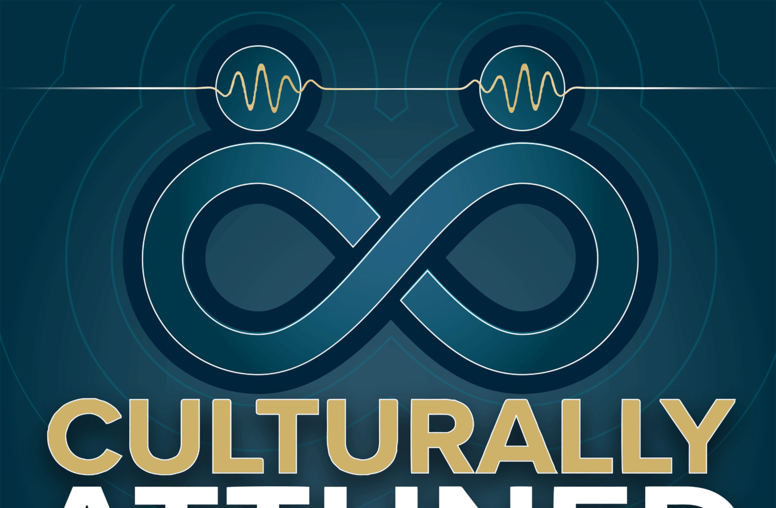
The Benefactor’s Dilemma: Am I helping? Or am I wielding power?
Tom Price has built a career helping marginalized communities—from Native American tribes to hurricane-ravaged towns to locales facing the Ebola virus in Liberia. He warns himself, and us, against the temptation of the outside benefactor to imagine that, because we have resources and privileges, we also have the solution to a community’s problem.

As cultural outsiders, we are given a pass. But, should we take it?
We accept our need to show cultural respect. But Brazilian psychotherapist Kerley Most says West Africa taught her the difference between learning a culture and absorbing it. She notes the extraordinary value of correcting our mistakes. While as guests we’re often given a pass on cultural norms, that’s a privilege we should try to decline.

Connecting with others means seeing them. Labels get in the way.
People’s identities are multi-layered—giving us various possible points of connection with another person. Stereotypes obscure those possibilities, as Afghan Taliban negotiators found when they talked with an Indian-American Muslim diplomat named Tamanna Salikuddin. Tamanna tells how she seeks individuals’ identities to build the trust for negotiations.
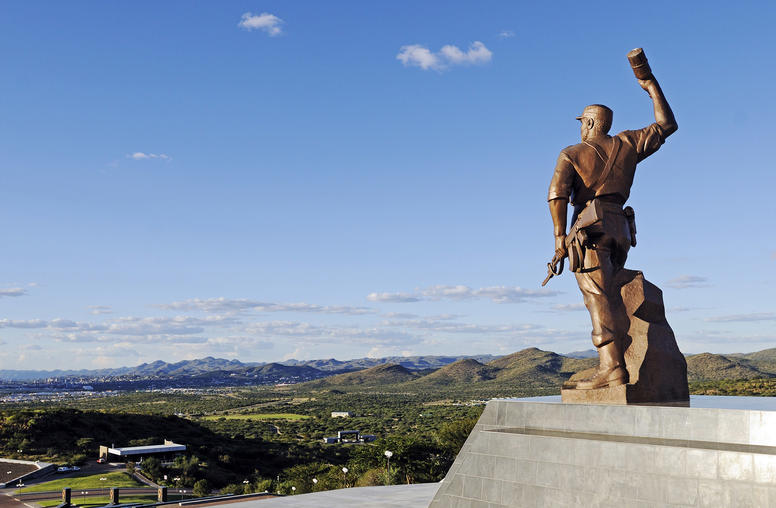
North Korea in Africa: Historical Solidarity, China’s Role, and Sanctions Evasion
North Korea serves as a mutually beneficial partner for many African governments. Although these ties are often viewed solely through the lens of economic and security interests, this report shows Pyongyang's deep historical connections and ideological linkages with several of the continent’s nations. North Korea–Africa relations are also bolstered by China, which has been complicit in North Korea’s arms and ivory trade, activities providing funds that likely support the Kim regime’s nuclear ambitions and allow it to withstand international sanctions.
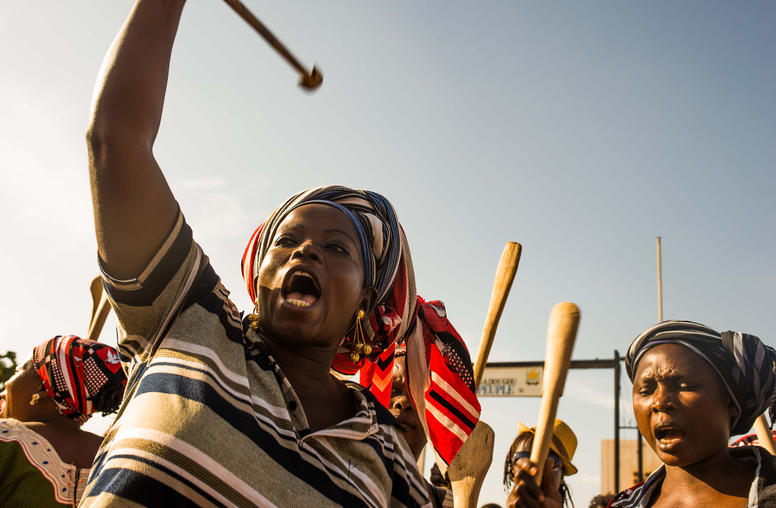
Mobilization, Negotiation, and Transition in Burkina Faso
In October 2014, a massive popular uprising unseated Burkina Faso’s long-time president, Blaise Compaoré, and drove a civilian-led transition that culminated in free and fair elections in November 2015. This report shows the importance of the national culture of dialogue and consensus and the benefit of a vast, resilient network across negotiating groups. Although violence in the country has since increased, lessons from Burkina Faso’s transition can inform the dynamics of popular mobilization, negotiations, and prospects for long-term peace and democracy in other settings.
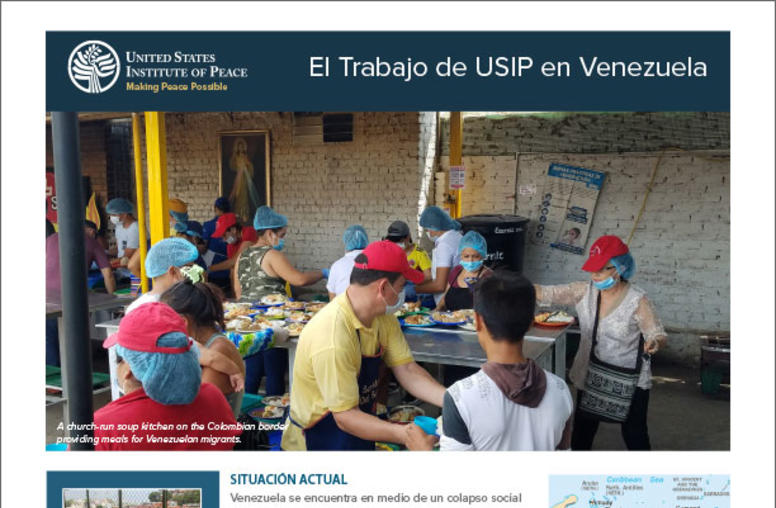
The Current Situation in Venezuela (Spanish)
Venezuela se encuentra en medio de un colapso social y humanitario sin precedentes – el resultado de malas políticas económicas y un conflicto político – que han resultado en inseguridad alimentaria, la segunda crisis migratoria más grande del mundo y inestabilidad regional. La comunidad internacional ha respondido presionando al régimen y apoyando a un gobierno dirigido por la oposición, que hasta la fecha no ha logrado un cambio positivo.
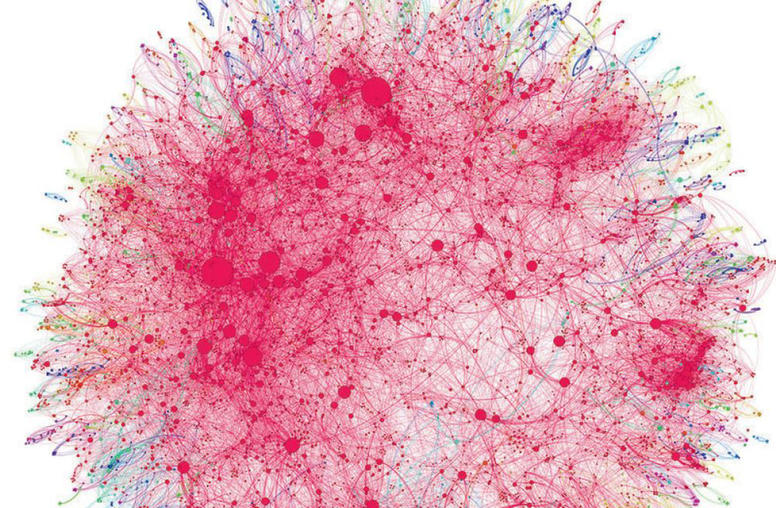
Systems Thinking for Peacebuilding and Rule of Law (Arabic)
إن نهجنا التقليدي المتبع في بناء السلام وعملية إصلاح سيادة القانون يبدو جيدًا؛ حيث الأهداف الطموحة، وضخ الموارد، وفرق الخبراء الذين يعملون بشكل مكثف. ومع ذلك، يبدو أننا نادرًا ما ننجح في خلق إصلاحات ناجحة ومستدامة حقًّا. لماذا نتعثر؟ تكمن إحدى الإجابات المحتملة في كيفية النظر إلى الأنظمة التي نعمل بها؛ لأننا نميل إلى معالجة العديد من نظم بناء السلام وسيادة القانون كما لو كانت أنظمة الساعة، وهي أنظمة منتظمة ويمكن التنبؤ بها بشكل كبير. وفي الواقع، فإن البيئات التي نعمل بها أشبه بأنظمة السحب من حيث إنها غير منتظمة، وغير منظمة، وغير متوقعة. واستنادًا إلى مجال التفكير المنظومي، يدعو هذا التقرير ممارسي بناء السلام إلى استخدام أكثر من منظور عند دراسة الأنظمة والمشاكل التي يواجهونها. وفي بعض الأحيان، سنضطر إلى التعامل مع المشاكل من منظور تقني زمني. وفي أحيان أخرى، سنضطر إلى استخدام منظور أوسع يركز على تعقيد النظام الأكبر. وكثيرًا ما سنحتاج إلى استخدام كلا المنظورين في التعامل مع المكونات المختلفة لجهود الإصلاح في الوقت نفسه.

Systems Thinking for Peacebuilding and Rule of Law (French)
Notre approche traditionnelle de la consolidation de la paix et de l’État de droit semble solide : des objectifs ambitieux, une injection de ressources, des équipes d’experts travaillant intensément. Pourtant nous semblons rarement aboutir à des réformes véritablement fructueuses et durables. Pourquoi nous enlisons-nous ? Une des réponses possibles réside dans notre façon de percevoir les systèmes avec lesquels nous travaillons. Nous avons tendance à traiter de nombreux systèmes de consolidation de la paix et de l’État de droit comme s’ils étaient des systèmes d’horloge, c’est-à-dire ordonnés, réguliers et prévisibles. En réalité, les environnements dans lesquels nous travaillons sont plutôt des systèmes de type nuage,en cela qu’ils sont désordonnés, irréguliers et imprévisibles.

Leanne Erdberg on Violent Extremist Disengagement and Reconciliation
While some will face criminal trial, many of those who traveled to live with ISIS but have disavowed its ideology will have to reintegrate into their communities. “We need to encourage a way to talk about them so that they can form new bonds with their communities,” says Leanne Erdberg. “Language has a very important role to play.”

Thomas Hill on Libya and Tunisia in Transition
The death of President Essebsi was a major loss for Tunisia, but the U.S. remains deeply invested in advancing democracy in the country. Alternatively, looking to the instability in Libya, Hill says, “The U.S. is not involved at all, [even though some] Libyans are pressing for the U.S. to do more … The most productive way the U.S. can be involved is not militarily or financially, but rather diplomatically.”